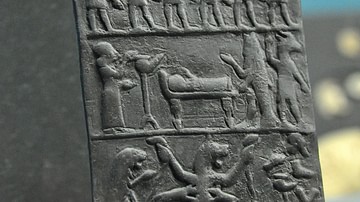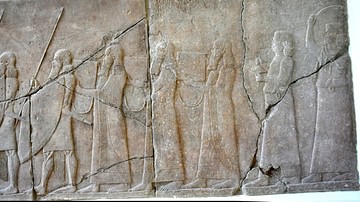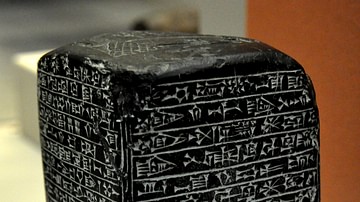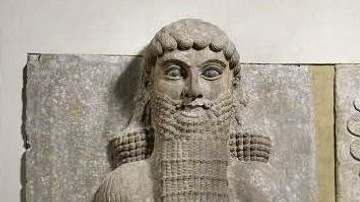The polytheistic religion of ancient Mesopotamia was instrumental in shaping its government and held great significance in the lives of its people. Mesopotamian religion revolved around the belief that humans were created to work alongside the gods, ensuring harmony and stability in the world. Similar to the ancient Egyptians, the gods were revered on a daily basis for their role in granting life and sustenance to humanity. Consequently, individuals were expected to reciprocate by performing deeds that honored the gods.
Mesopotamians believed that at the dawn of time, the world was chaotic and formless. It was the gods who brought order to this primordial state, thereby creating nature. Humans were created to uphold this divine order and tasked with assisting the gods. Consequently, people's daily routines became acts of worship.
Each city boasted a prominent temple complex with a towering ziggurat, the iconic symbol of Mesopotamian art and architecture. These structures, often crowned with a temple or shrine, elevated the priests and worshippers closer to the gods. The belief was deeply ingrained that the gods resided both in their celestial realm and within the temple, embodied in statues found in every city.
In most of the city-states and empires of Mesopotamia, there was a difference in responsibilities between the king and the high priests. The king took care of the people, while the high priest cared for the god of the city. While individual states had slightly different interpretations of this division and there certainly was some overlap, this basic principle of division of rule can be found throughout the region.
This collection provides an overview of government and religious life in ancient Mesopotamia.


















